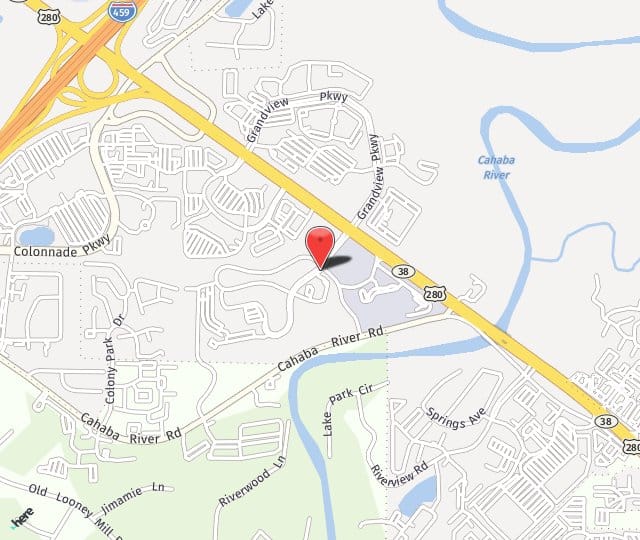
Here’s some information on this condition.
Normal electrical signals
Your heartbeat is initiated by an electrical signal that comes from the sinoatrial node. This pacemaker is located at the top of the right atrium, the heart’s upper right valve. The signal travels through the atria and reaches the atrioventricular node. After crossing the atrioventricular node, the electrical signal passes through the bundle of His. Here, the bundle divides into thin, wire-like structures called bundle branches that extend into the right and left ventricles, the heart’s lower chambers. The electrical signal travels down the bundle branches to the muscle cells of the ventricles, where the electricity makes them contract and pump blood from the heart out through the body.
When this passage of electricity from the top of the heart to the bottom is delayed or interrupted, you have a heart block.
Different degrees of heart blocks
Heart blocks are categorized by the degree.
- First-degree heath block — In this case, the electrical impulses are slowed as they pass through the conduction system, but they still are able to reach the ventricles and initiate the heartbeat. This degree of heart block rarely causes symptoms or problems, and it does not need treatment.
- Second-degree heart block (Type 1) — When this happens, the electrical signals are delayed more and more with each subsequent heartbeat until the signal eventually fails to reach the ventricles entirely. This usually happens when a person is very relaxed or during sleep. It rarely causes symptoms, although it can make the person dizzy.
- Second-degree heart block (Type 2) — In this block, some of the electrical impulses are unable to reach the ventricles. It is less common than Type 1, but more serious. This form usually progresses to a third-degree block, so Dr. Smith may recommend a pacemaker for treatment.
- Third-degree heart block — This is also called a complete heart block. None of the electrical impulses reach the ventricles. When the ventricles don’t receive any impulses from the atria, they generate their own impulses, called ventricular escape beats. These beats are usually very slow and the person feels fatigue, lightheadedness, and has a lack of stamina. This condition usually requires a permanent pacemaker.
- Bundle Branch block — Here, the electrical impulses are slowed or blocked as they travel through the specialized conducting tissue in one of the two ventricles.
Heart blocks are just one of the irregular heart rhythm conditions that Dr. Smith treats at his practice. If you have symptoms such as fainting, dizziness, lightheadedness, shortness of breath, or a decline in stamina, you could have one of these heart blocks. Please call us at (205) 510-5000 so Dr. Smith can check your heart.

